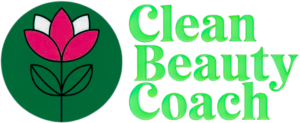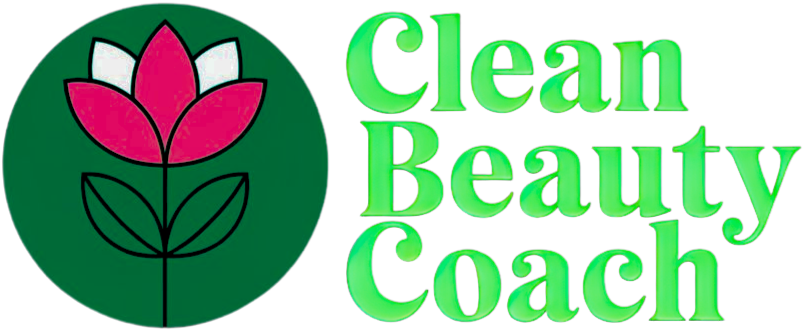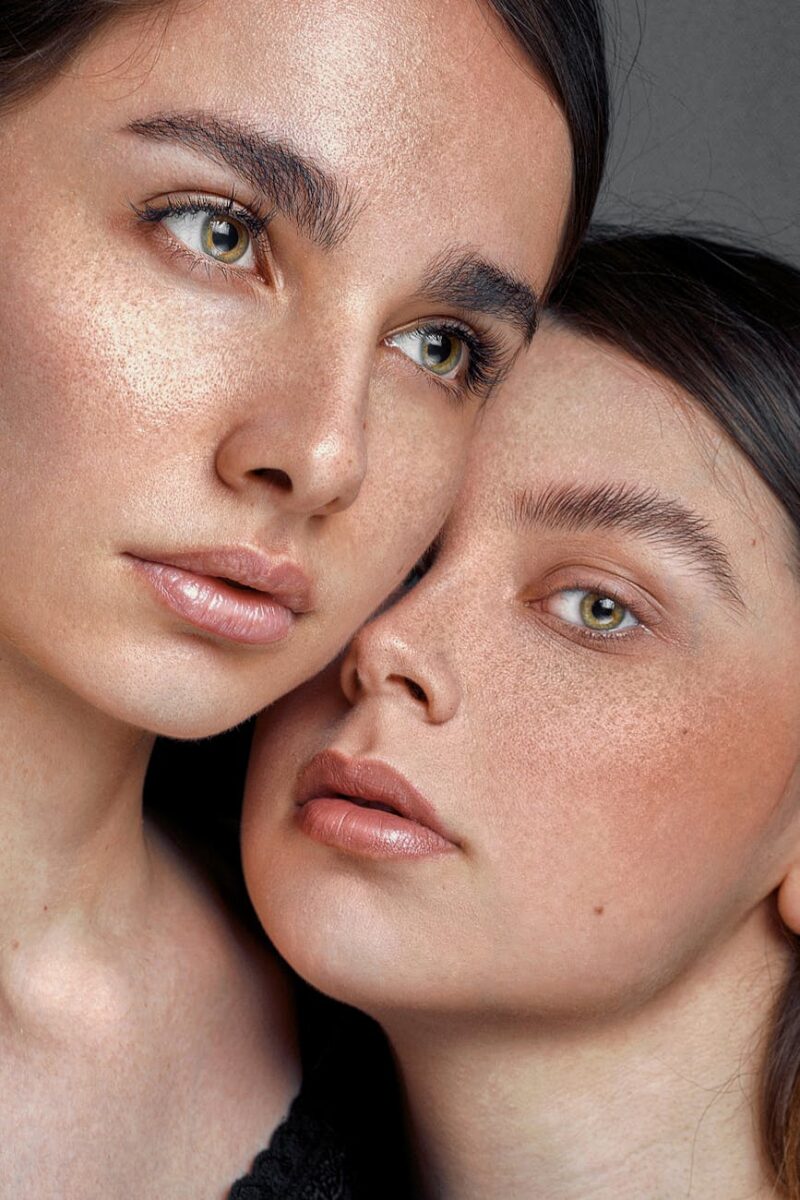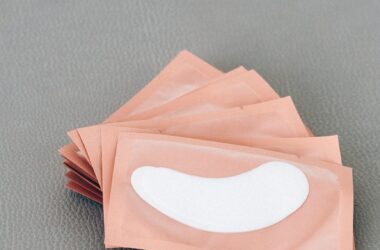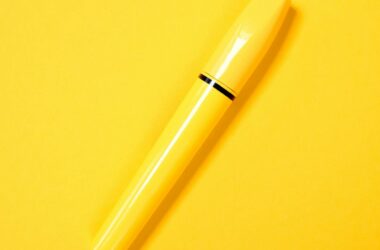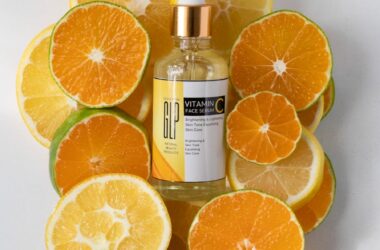The term “clean beauty” has been batted around for a couple of years but has really gained traction in the last couple of months.
As I’m sure you’re well aware; and many of you have likely seen firsthand when visiting your local Sephora or Ulta over the holidays (as I did); clean beauty products are all the rage.
But is this trend a hoax? Let’s dive into it.
Is clean beauty a hoax?
It’s not a hoax, but it doesn’t solve all of the skin-care industry’s problems either. It’s an emerging trend driven by consumers who want to know that they’re buying products without harmful ingredients, but it’s not without its own issues.
Clean beauty is a “movement” of women and men who are passionate about making conscious choices about the products they choose to apply to their bodies.
This is great for those who have been aware of ingredients used in conventional products and have been looking for more natural alternatives.
Clean beauty is a movement that started to change the way people think about the products they buy. It is important to know what we are putting on our skin, throughout our body, and onto our face especially.
This means we should be educated on ingredients that are being used within skincare products and makeup.
Clean beauty has taken off recently but it’s not just some fad that will go away at any moment.
Companies have started to release clean beauty lines within their brand, selling merchandise online and through stores such as Ulta Beauty.
This “clean” movement has become more popular because of the awareness that the public has grown to have over the past couple of years.
It can be hard to find products that actually work for your skin type or hair type, but with this clean movement, you can definitely find what works for you!
Some companies sell their items at Sephora or Ulta Beauty (if you live near one), while some sell their items online only!
How to know if a company is being honest about their product claims
There are two key factors that determine whether a product is “clean.”
The first factor is the ingredients list: If you can’t find the ingredients listed on the website or package of your favorite clean beauty brand, that’s a major red flag.
Beauty brands that don’t list their ingredients typically have something to hide.
The second factor is the company itself: Some companies will lie about their practices in order to take your money—so how do you know if a company is truly clean?
Here are some tips for knowing if a clean beauty brand is being honest about their product claims:
1. Do your research
Before purchasing any new products, be sure to do some research on both the brand and the individual products.
Google your favorite products or check out Wellness Mama for an extensive list of natural and clean brands and products.
2. Check out reviews
Most companies will have reviews on their product pages, and you can also find some independently written reviews on blogs or websites. If there are many negative reviews, it might give you pause before making a purchase.
3. Look for certifications
You’re more likely to find clean brands that are certified organic or natural by a well-known organization like the EWG Verified program, which aims to make it easier for consumers to identify products that have been screened for potentially harmful ingredients.
4. Look for brands that participate in third-party testing
When a company invests the time, energy, and money to get their products certified by a third-party organization, it’s a good sign that they believe their products are safe and effective.
5. Avoid brands that make wild claims
Brands that make vague claims like “all-natural” or “handmade with love” can be equally as dangerous as brands that claim their products are made with 100% organic ingredients.
If they can’t even tell you what’s in their products, why would you trust them?
Does clean beauty work better on certain skin types?
Clean beauty works well on all skin types. It works especially well on sensitive and acne-prone skin because it contains fewer ingredients that could potentially irritate your skin or lead to breakouts.
I first started using clean beauty products when I had combination skin.
Since then, I’ve used clean beauty products in my daily routine, even when I have dry skin.
While each skin type is different, clean beauty works well on all skin types.
Using cleansers that are gentler on your skin, for example, will help your skin look and feel more hydrated.
Treat your dry patches well and use hydrating products to keep them from getting worse.
For acne-prone skin, a cleanser that’s more gentle is likely to work better than a foaming cream loaded with chemicals.
Using a foaming cream might dry out your skin and leave you prone to breakouts.
However, if you’re still breaking out after switching to clean cosmetics, you might want to consider acne treatments like benzoyl peroxide or salicylic acid (BHA), or retinol.
It’s important that you introduce these slowly into your routine one at a time so as not to irritate your skin.
How do you know that clean beauty is for you?
The best way to know if clean beauty products are right for you is to try them out.
Find the brands you want to try and do some research.
Check out online reviews and visit the brand’s website to learn more about their product line and claims.
Many brands offer sample sizes on their websites, so you can get a feel for how their products work before making a full-size purchase.
You can also check out Sephora or other specialty stores, as many of them carry clean beauty brands in-store.
Some even allow you to sample products from the packaging and return the product without opening it if you’re not satisfied with the product.
Can you use clean beauty products on your whole body, including hair and nails?
The answer is yes — but be careful about how much of a chemical load you put on your body in one day. That’s because your skin absorbs chemicals, so using lots of different products with different chemicals can potentially overload your skin.
A better approach is to stick to one primary set of clean beauty products that uses a limited number of ingredients.
I recommend starting with the following:
- Cleanser
- Moisturizer
- Sunscreen
Can you use clean beauty products when pregnant or breastfeeding?
The market has now been flooded with clean cosmetic and body products that are safe for use during pregnancy (and even postpartum) — from organic makeup to chemical-free sunscreens! The best part? They’re often healthier for you than the more conventional options.
TIP: If you’re planning on breastfeeding, make sure your baby isn’t exposed to unnecessary chemicals as well. If your child gets a rash or other skin issue from the products you’re using, it could mean the chemicals are being passed along through your milk.
Final Thoughts
In the end, I wouldn’t say that clean beauty is a bad choice.
After all, there is value in striving for a more natural lifestyle, and eliminating harsh chemicals from your skincare can be a good thing!
